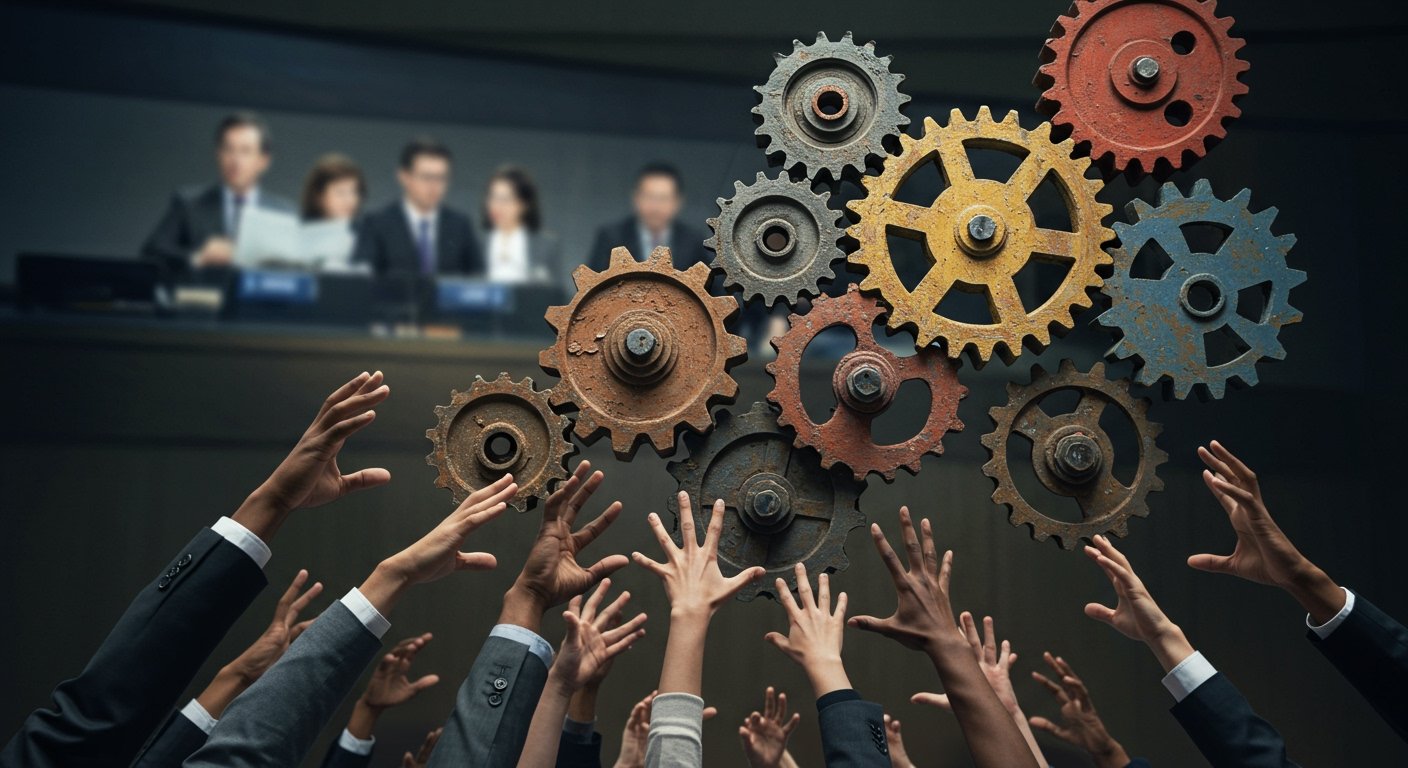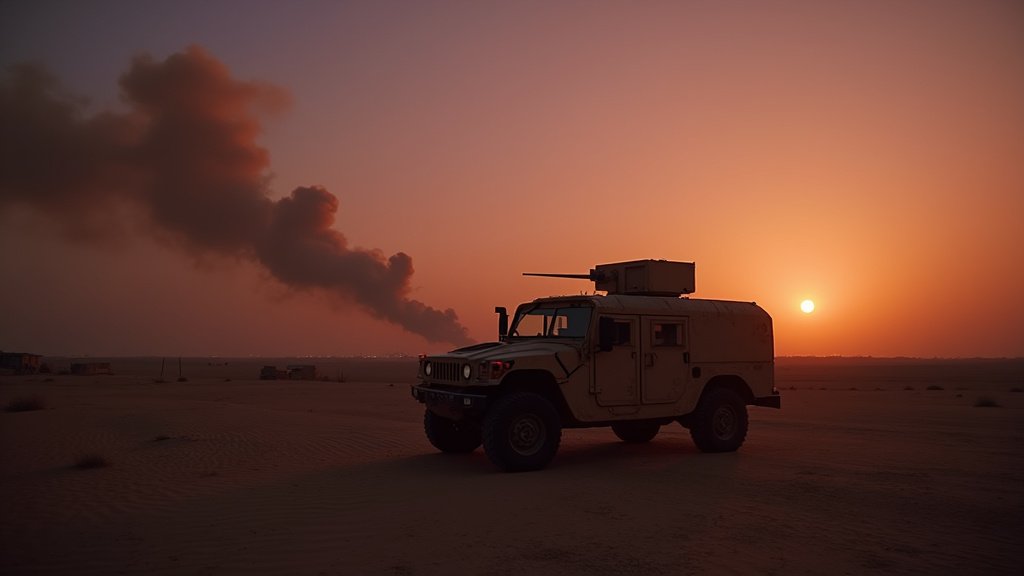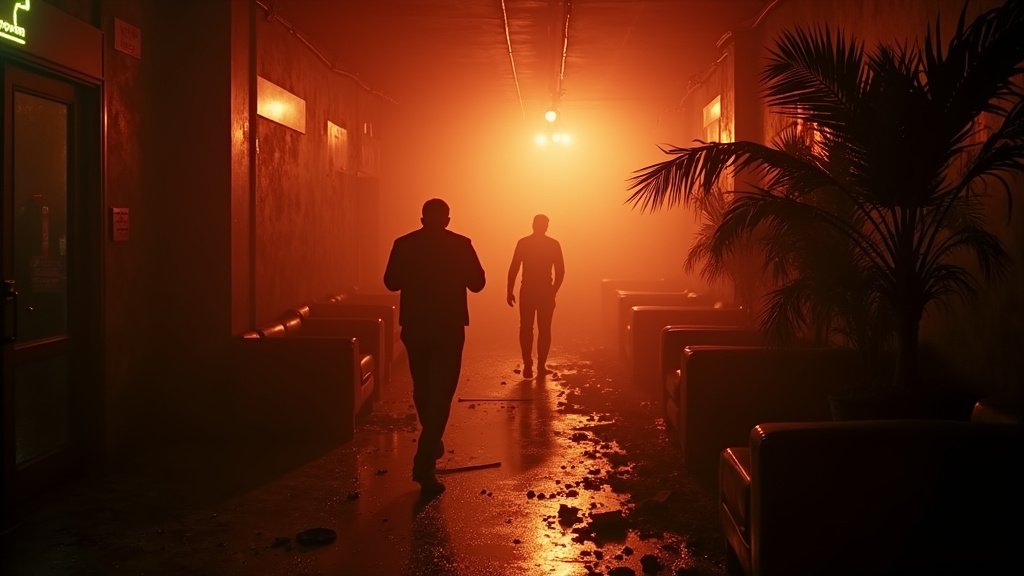Rio De Janeiro, Brazil – Speaking at the BRICS summit in Rio De Janeiro on Sunday, July 6, 2025, Indian Prime Minister Narendra Modi delivered a sharp critique of the current international order, asserting that two-thirds of humanity continue to lack proper representation in global institutions shaped primarily during the 20th century.
His remarks came during the BRICS session specifically focused on “Peace and Security and Reform of Global Governance,” underscoring the bloc’s collective emphasis on reimagining the frameworks that govern international relations and address contemporary global challenges.
A Critique of Outdated Structures
Prime Minister Modi’s statement highlighted a persistent imbalance in global decision-making bodies, many of which were established in the aftermath of World War II. He argued that these structures, while significant in their time, no longer accurately reflect the demographic realities, economic weight, and evolving aspirations of the 21st-century world, particularly the burgeoning nations of the Global South.
The assertion that two-thirds of humanity are inadequately represented serves as a powerful statistic grounding the call for urgent and comprehensive reform. It suggests that the voices and interests of a vast majority of the world’s population are not proportionally reflected in forums where crucial decisions on peace, security, economy, and development are made.
Highlighting Double Standards and Inequality
During his address, PM Modi also pointed to the challenges faced by the Global South, a term broadly encompassing developing and emerging economies. He stated that these nations have often encountered “double standards” within the international system.
This reference implies inconsistencies in the application of international norms, principles, or treatment based on a nation’s economic or political standing, which disproportionately affects developing countries and undermines their efforts towards equitable growth and sovereignty. Such perceived inequities further fuel the arguments for reforming global governance structures to ensure fairness and equal footing for all nations.
Advocating for a Stronger Voice for the Developing World
A core theme of PM Modi’s intervention was the imperative need for a greater role for the developing world in international decision-making. As global challenges become increasingly interconnected, from climate change and pandemics to economic stability and terrorism, the effective participation and representation of a diverse range of nations are seen as essential for developing legitimate, effective, and sustainable solutions.
The BRICS platform, comprising Brazil, Russia, India, China, and South Africa – significant economies from the developing world – serves as a crucial forum for advancing this agenda. The collective voice of these nations amplifies the call for multilateral institutions to become more inclusive, representative, and responsive to the needs of the global majority.
BRICS Leaders’ Declaration: Affirming Shared Priorities
The discussions and concerns raised during the summit culminated in the adoption of the BRICS Leaders’ Declaration. This key document, adopted in the Brazilian city of Rio De Janeiro on July 6, 2025, reflects the consensus positions of the member states on a range of global issues.
Significantly, the declaration included India’s key concerns, demonstrating alignment within the bloc on critical matters vital to New Delhi’s foreign policy priorities and global outlook. The inclusion of these specific points underscores the influence of India’s diplomatic efforts within the BRICS framework.
Addressing Cross-Border Terrorism and Governance Reforms
Among the crucial issues highlighted in the declaration were cross-border terrorism and global governance reforms. The emphasis on cross-border terrorism reflects a shared concern among BRICS nations regarding the threat posed by terrorism that operates across national boundaries, demanding coordinated international action and intelligence sharing.
The explicit mention of global governance reforms in the declaration validates the central argument put forth by leaders like PM Modi – that the current international architecture requires fundamental changes to be fit for purpose in the 21st century. This includes reforms in institutions ranging from financial bodies to security councils, aiming to enhance their legitimacy, effectiveness, and representation of the contemporary global landscape.
The BRICS summit in Rio De Janeiro in July 2025 thus served as a critical platform for the developing world to articulate its vision for a more equitable and representative international order, putting the spotlight firmly on the need to reform outdated 20th-century global institutions.




